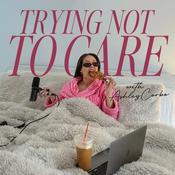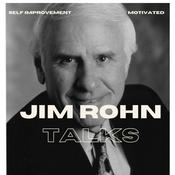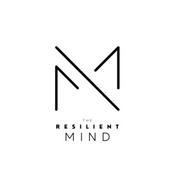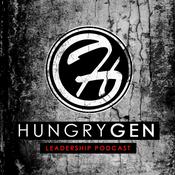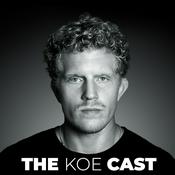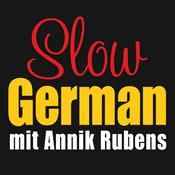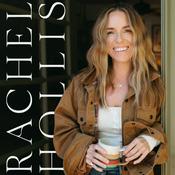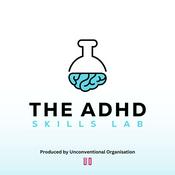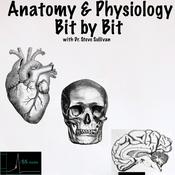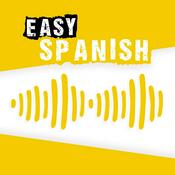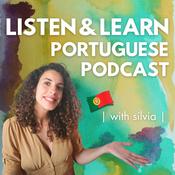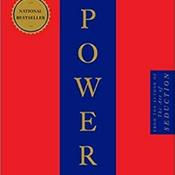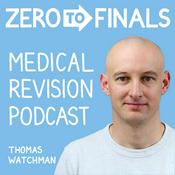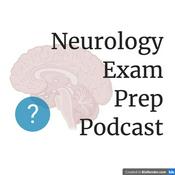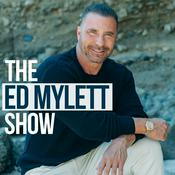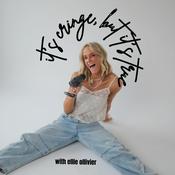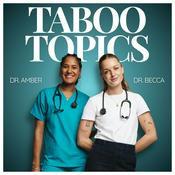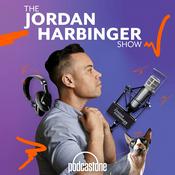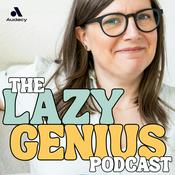23 episodes
Episode 22 - Your Anchor in High-Anxiety Times: Creating an Intentional Writing Season
2025/7/18 | 1h 7 mins.Live stream with Dr Anna Clemens and Dr Cathy Mazak
There has been a lot of disruption, uncertainty and change in the academic world this year. Whether or not you work in the US, you've probably felt more anxious than usual and you may notice that your writing practice is shifting.
My friend and colleague Dr Cathy Mazak and I warmly invite you to join our live conversation on YouTube on how to intentionally adapt your writing to the current season we're in. Instead of writing adding to your stress, we want to show you how writing can be a grounding deep work activity that creates meaning, calm and joy for you as an academic and researcher.- I'm facilitating a 3-day online writing retreat 16-18 July. All details and sign-up hereAll details and sign-up here In this video, I'm talking about why I decided to create a retreat experience for members of the Researchers' Writing Academy and why I'm opening it up for everyone to join. If you are curious about what's going on behind the scenes, interested in joining this or other writing retreats, go watch!
Episode 20 - How to write a winning grant proposal -- Live interview w/ Dr Julie Cwikla
2025/7/18 | 1h 3 mins.I invited Dr Julie Cwikla on the Researchers' Writing Podcast to give us expert advice on writing winning grants. Julie is a Distinguished Professor of Mathematics Education, the author of "From Good to Great Grant Writing" and a sought-after grant consultant.
Julie and I have similar views on scientific writing. We both agree that the story should be at its center so that your grants and papers get read -- and ultimately, get accepted!
This is going to be a relaxed conversation. Grab a coffee and join us live. We'd love to have you! And bring your questions! You can ask them live in the chat.
If you want to dive deeper into Julie's Great Grantwriting Framework, join us next Tuesday at 11am EDT / 5pm CEST for a free live webinar hosted on Zoom: https://www.juliecwikla.com/webinar- I talk to Yvonne Rimar, who is in charge of our community experience inside the Researchers’ Writing Academy, how important being part of a community is for all of us. In academic circles, there often is little to no focus on community which can make writing very, very lonely and feel harder than it needs to be.
A community structured around your writing can support your writing habits, making you show up more frequently to your writing, be more efficient in a writing session and also enjoy it so much more!
The Researchers’ Writing Academy community has evolved since starting the program by listening to our members’ needs. It’s now the place for researchers from across the globe to share writing struggles, wins, ask questions, experience high-touch writing accountability and feel supported by one another.
We share our favourite parts of the RWA community and why they all play a part in such a successful, shared online experience for all the academics inside the program.
Finally, I give some advice to researchers out there who maybe identify as introverted or don’t think community is necessary to their publishing success. Enjoy this episode and maybe look into joining a community near you (the Researchers’ Writing Academy would be glad to have you!) for support with your writing and publishing goals.
(01:15) Introducing Yvonne
(02:05) Community in academia
(04:05) The meaning of community
(06:26) The community inside of the Researchers’ Writing Academy (RWA)
(10:50) What you can gain from an (online) community
(26:10) How the community has evolved inside the RWA
(32:15) Writing retreats and writing sprints
(37:15) Surprises from our community
(41:10) What’s important in our community?
(41:50) Advice for struggling academics
Podcast host: Anna Clemens, PhD
Video and audio editing: Jason Rivera
Join our free training to learn more about the Researchers’ Writing Academy atresearcherswritingpodcast.com/free.
You’ll get tips on how to work with co-authors, manage your writing process, and increase your chances of getting published in top-tier journals. - I talk to Dr Jenny Grant Weinandy, member of the Researchers’ Writing Academy and Assistant Professor in clinical psychology at Ohio University in the United States.
Jenny shares that when she joined our academic writing program, she was a new parent, overwhelmed with finishing her PhD and dissertation. She didn’t feel like a writer and would avoid writing tasks but she knew she needed to figure out how to make writing a sustainable part of her work flow in order to be successful not only in her career, but in her family life as well!
Now she embraces being a writer and has found a writing process and routine that allows her write and publish articles in a calm and steady way. Inside the Researchers’ Writing Academy she is known as the queen of goal-setting!
Jenny also shares some great advice on how she makes time for professional development in her busy schedule and how she manages to stick with programs she bought. I hope you’ll enjoy this episode as much as I did!
Timestamps:
(01:20) Introducing Dr Jenny Grant Weinandy
(06:45) Jenny’s motivations for joining the Researchers’ Writing Academy (RWA)
(11:05) What has changed for Jenny since joining the RWA
(14:45) Jenny’s publishing results after implementing the Journal Publication Formula
(18:00) How Jenny decides on which journal to target
(21:35) How Jenny found time to engage in the program and implement the Journal Publication Formula
(25:10) How Jenny keeps focused on and commited to professional development
(32:05) Jenny’s favourite elements of the RWA
(37:10) Who Jenny would recommends joining the RWA
(39:20) How Jenny uses the Journal Publication Formula with her students
Jenny’s Google Scholar Profile: https://scholar.google.co.uk/citations?user=Cg5Yc4wAAAAJ&hl=en
An article Jenny published while inside the RWA: https://link.springer.com/article/10.1007/s10899-024-10287-6
Podcast host: Anna Clemens, PhD
Video and audio editing: Jason Rivera
If you’re interested to join the Researchers’ Writing Academy and learn how to develop a structured writing process to get published in top-tier journals time-efficiently, then I highly recommend watching my free writing training as the first step at: researcherswritingpodcast.com/free.
More Education podcasts
Trending Education podcasts
About The Researchers' Writing Podcast
Hosted by Anna Clemens, PhD, this podcast is for all researchers in the sciences who want to write clear, concise and compelling papers time-efficiently so you can publish your research in a calm and steady way. In this podcast, we talk both about how we can write higher quality papers and how to make the process of writing less hard.
Podcast websiteListen to The Researchers' Writing Podcast, Slay Girl Slay and many other podcasts from around the world with the radio.net app
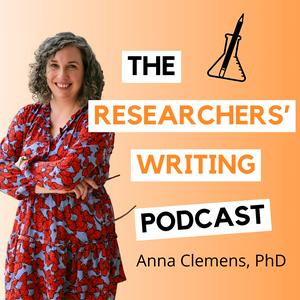
Get the free radio.net app
- Stations and podcasts to bookmark
- Stream via Wi-Fi or Bluetooth
- Supports Carplay & Android Auto
- Many other app features
Get the free radio.net app
- Stations and podcasts to bookmark
- Stream via Wi-Fi or Bluetooth
- Supports Carplay & Android Auto
- Many other app features


The Researchers' Writing Podcast
Scan code,
download the app,
start listening.
download the app,
start listening.


